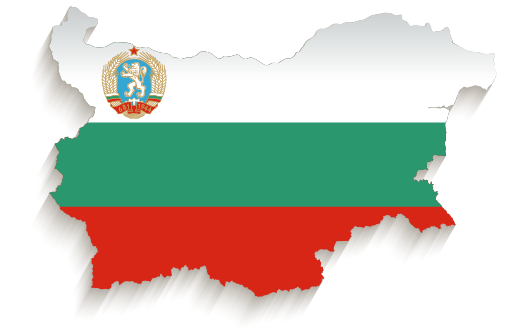(Grant Agreement n. 669194)
As a rule, academics in Bulgaria rarely had a chance to steer policy making. An exception to this was the protracted economic reforms at home (as they progressed back and forth with many revisions and concessions over the course of several years), but not foreign policy.
Until the early 1970s, for academics the European Economic Community (EEC) was a matter of theoretical interest as an empirical example of capitalist integration and bloc-building in the study of alternative economic systems. These analyses of the EEC were full of Marxist ideological clichés, while the historical details of the ongoing integration seemed somewhat secondary to asserting the party dogma. Once academic works started to tackle the impact of West European integration (roughly from the first wave of enlargement in 1973 onwards), the dogmatic approach was mitigated by actual interest in aspects of the policy harmonisation among the EEC member states. Simultaneously, the academic approach expanded beyond the idiosyncrasies of the EEC to analyses of its interrelations with the Council for Mutual Economic Assistance (CMEA) and the consequences of the integration process for Bulgarian trade.
The influential economist Evgeny Mateev wrote a particularly detailed discussion of the EEC along these lines in a 1973 study, parts of which dealt specifically with socialist economic integration as compared to the West European integration. Dogmatically pointing out the EEC’s lack of coordinated economic planning as a weakness compared to the CMEA, he argued that it nonetheless compensated well for this deficiency through successful harmonisation of policies, institutions and regulatory mechanisms in agriculture, customs and potentially taxation, social welfare, trade law, transport, energy and monetary policies, all areas where the CMEA, in his mind, lacked dynamism. Interestingly, Mateev also discussed how both types of integration affected people in the member states, concluding that in the EEC, in contrast to the CMEA, people felt the growing bonds across the bloc more immediately.
Academic debates placing the EEC next to the CMEA as two ideologically different (but not necessarily antagonistic) forms of bloc-strengthening normally revolved around the question of what aspects of the EEC integration were relevant to the ongoing consolidation of the CMEA and could be successfully emulated in the socialist camp, regardless of ideological differences. Therefore, the particularities of the EEC were often debated in terms of their institutional successfulness.
* This text summarises some of the research findings of PanEur1970s team member Elitza Stanoeva, which are published as a chapter in PanEur1970s’ academic edited book. For a link to the e-book, please see Bulgaria’s “Overview” webpage of this map.
|
Monetary-financial problems in economic relations between the member-states of the CMEA and the EEC
TsDA, f. 259, op. 32, a.e. 25 | l. 1-39
Available only in the archive http://www.archives.government.bg/ |
|
Exploration of some problems concerning the operation of state and public bodies under contemporary conditions
TsDA, f. 259, op. 36, a.e. 174 | l. 1-29
In this broader study he dedicated several chapters specifically to socialist economic integration, making a comparative evaluation between the CMEA and the EEC emphasizing several aspects and areas in which the latter not only excelled over the CMEA but could also serve as a model for reforming the CMEA. - Available only in the archive http://www.archives.government.bg/ |
